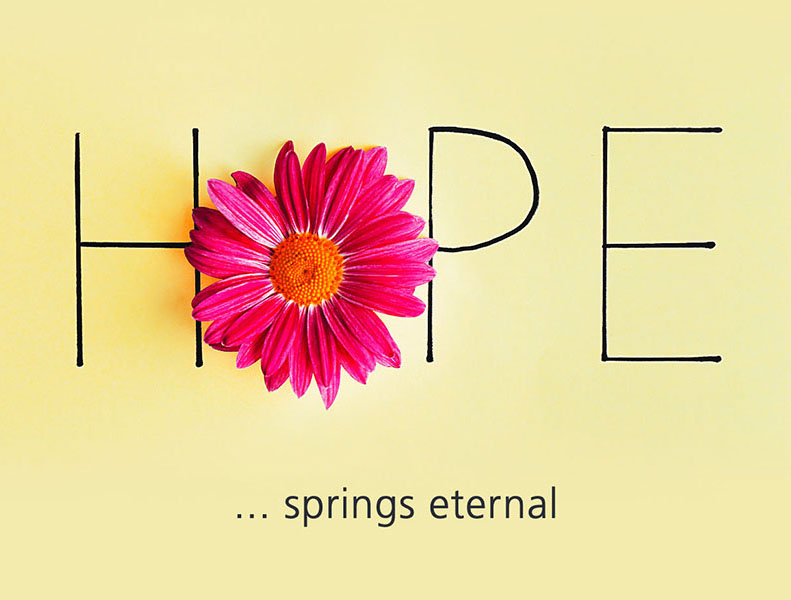WAKEFIELD – We understand our print magazine subscribers well enough to know they’ll be fine about us making the April issue (No:96) of Ecotextile News free to everyone, in an effort to keep environmental and social issues at the centre of our industry – despite the COVID-19 outbreak.
You can download the magazine HERE. Feel free to share.
The coronavirus outbreak is first and foremost a human tragedy, already directly affecting millions of people worldwide. So, it’s heartening to see that the immediate focus has been on impending medical needs, with some responsible apparel brands also taking innovative measures to ease the emergency – at least in the short term (page 4).
Although it’s very difficult to do at this moment in time, we must look past the initial phase of this global crisis and think about how to change our industry in a post-corona era. In the medium to long-term, planetary health and sustainability cannot be jettisoned in favour of ‘business as usual’ in our industry. That would be a major mistake.
Nevertheless, we can expect business survival to take precedence over sustainability in the short term. Chapter 11 filings in the US, and business failures are inevitable elsewhere, as both textile manufacturers and even some noted apparel retailers run out of cash – after drawing down 100 per cent of their credit facilities.
Yet the speed of the crisis and the change to our everyday existence, as well as the threat to our most vulnerable, has been astonishing. It should have all of us reflecting on our own values, who we want to work with and how we should run our own businesses in future.
And while it could be viewed as trite to say: ‘we need new ways of working’, try asking the thousands of textile workers being laid off in supply chains if they agree. And try asking why is it still standard practice for customers to only pay for products once they’ve been shipped? If an order is cancelled or deferred, the supplier (often a small or medium-sized business), still needs to pay for salaries, running costs and other overheads. Raw materials are usually paid for upfront by most of these suppliers too. Should retailers and brands be allowed to reserve advance production capacity without any down payment?
Broken models
A move away from this broken business model full of financial and environmental risks and towards more of a safe, sustainable way of working should be a long-term outcome of the current pandemic. And the early indications from consumers returning to shopping malls in China, is that they tend to agree, says a recent McKinsey briefing published last week.
And while it may still be dark early days, there are already a few silver linings. As the front cover of this issue highlights ... hope always becomes more abundant in a time of crisis.
This hope, for a continuation towards a ‘new normal’ and a more sustainable industry has been magnified by the virus outbreak, which underlines the urgent need for a transition to a low-carbon future. Not only has the shutdown of factories in China and Europe dramatically reduced air pollution (page 15), at least in the short-term, but stock market falls influenced by an economic dive – and exacerbated by a move to flood the world with cheap oil – have resulted in investors favouring companies looking to invest in renewable energy and becoming less reliant on fossil fuels (page 66).
On a business level, times of crises can be both threatening and liberating. But we must remember that cultural and organisational change is hard. What’s usually needed to make large-scale change is a huge, sharp shock that allows all the old ‘rules’ to be shattered.
This crisis is that moment.



